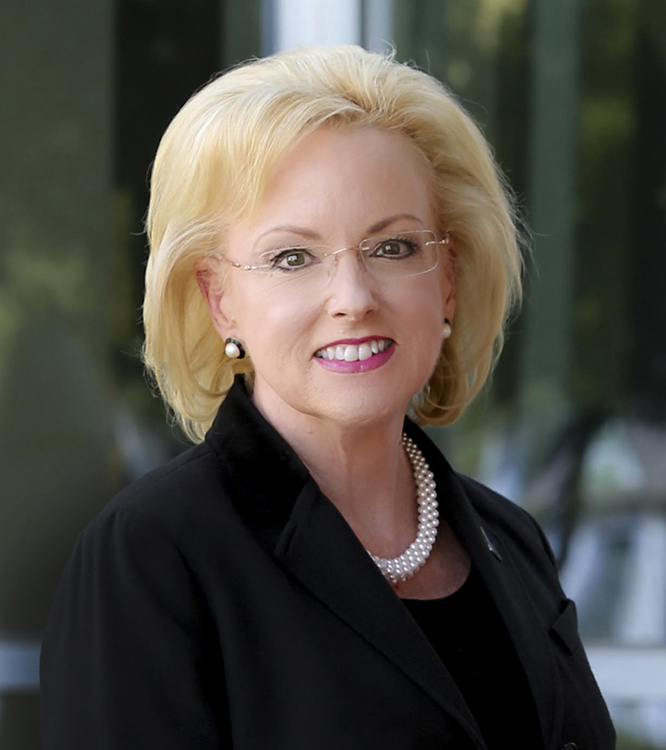HSC receives $75,000 grant from Aetna for new pilot program
- February 14, 2024
- By: Steven Bartolotta
- Our People
 The University of North Texas Health Science Center at Fort Worth’s Center for Health Policy recently was awarded a $75,000 grant from Aetna, a CVS Health company, for a new pilot program to educate primary care providers working with pediatric patients who have physical or developmental disabilities.
The University of North Texas Health Science Center at Fort Worth’s Center for Health Policy recently was awarded a $75,000 grant from Aetna, a CVS Health company, for a new pilot program to educate primary care providers working with pediatric patients who have physical or developmental disabilities.
Led by Waridibo Allison, MD, PhD, FACP, CPE, FIDSA, HSC’s vice president of health policy and the executive director of the Center for Health Policy, and Kimberly Fulda, DrPH, an associate professor at HSC’s Texas College of Osteopathic Medicine and the executive director of NorTex, the program aims to improve the quality of disability health care services for pediatric patients in under-resourced and rural communities.
“Primary care providers are on the frontline of health care delivery for communities across Texas, particularly rural communities, and it is important for them to have the education and knowledge to gain resources to provide the best possible care,” Allison said.
The year long program, titled “Leveraging Telementoring for Primary Care Provider Pediatric Disability Education in Texas – A Pilot Program,” will use telecommunication technology to deliver education and training with a mentoring component.
There are several different telementoring models, including Extension for Community Healthcare Outcomes, podcasts and individual consultations. ECHOs are a collaborative model of medical education and care management that empowers practice team members in rural and underserved communities to provide specialty care to more people, right where they live.
The project will use telementoring as a way to educate primary care providers about the wide array of considerations in caring for children with disabilities in the primary care setting.
“This is an exciting opportunity for us to better understand and address gaps in education for providing care to children with disabilities,” Fulda said. “Children with disabilities often experience health disparities at a rate higher than other children, and telementoring may offer a way to improve training and address priority areas for physicians to best care for them.”
By using telementoring, the program will provide the necessary mechanism for primary care providers, especially those in rural communities, to gain valuable knowledge and insight. The pilot will be implemented in two phases, the first consisting of a disability knowledge and needs assessment survey of primary care providers in Texas. The second phase will be the planning and implementation of the pilot telementoring educational series.
“The project will improve access to personalized primary care services for children with disabilities and their families, including families in rural parts of Texas,” said Stephanie Rogers, CEO of Aetna Better Health of Texas. “Importantly, the pilot will be designed with input from primary care providers about the content and telementoring models that will work best for them.”
The pilot program will begin March 1 and will be housed within HSC’s Center for Health Policy.




Social media